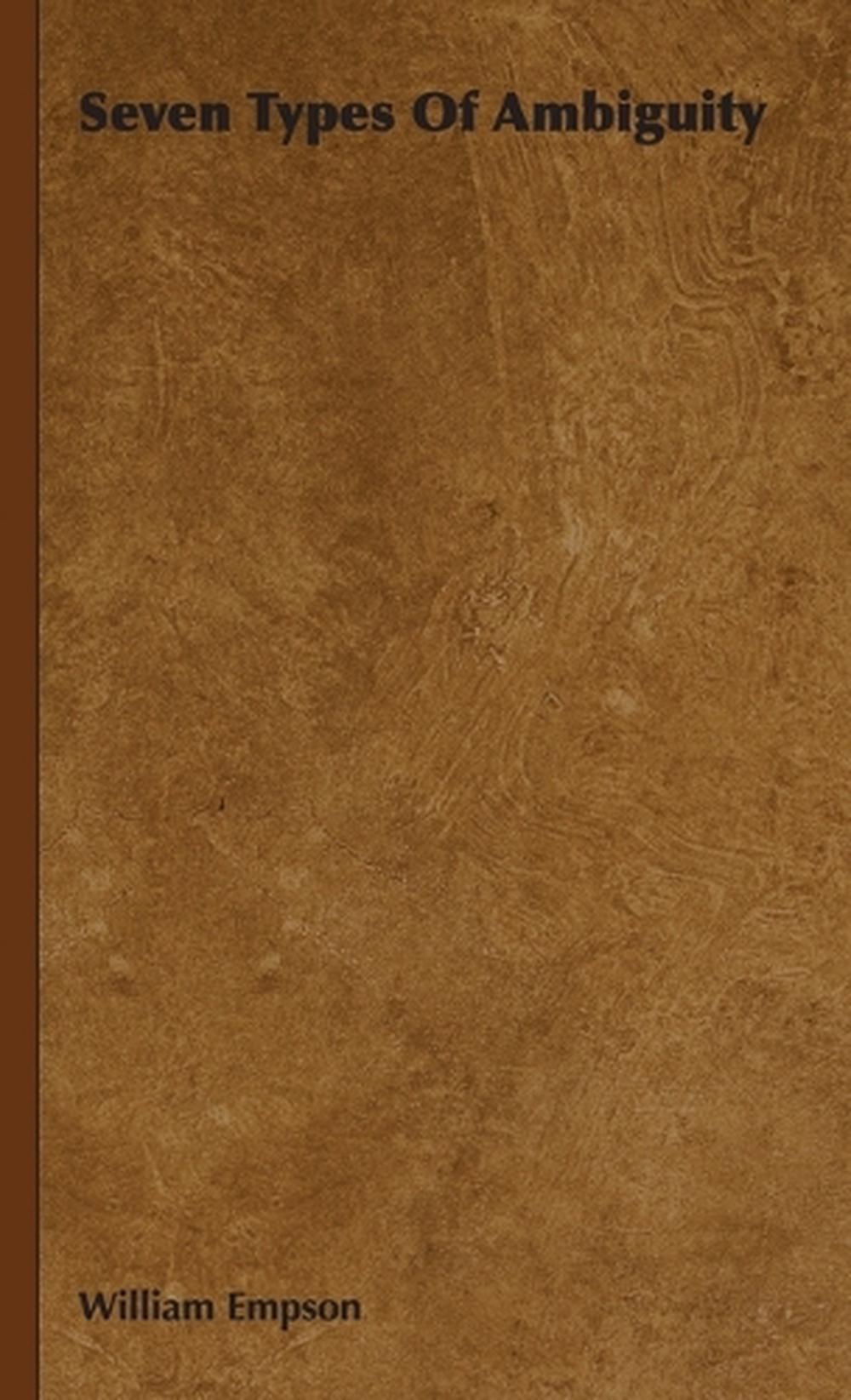

To better understand the historical experience of professional women in that context, a review of post-war US, especially regarding gender roles, ensues not only as historical background but as methodological hotbed for literary analysis. Despite and/or because of her condition as mother and professional her literary achievements as a chronicler of the “Age of Anxiety” were laudable and therefore worthy of further investigation. This article seeks to unravel some of the intricacies behind this brittle balance. Shirley Jackson (1916-1965) managed to combine the dual role of being a woman and a writer in mid-twentieth century American society. Keywords: Jackson, Shirley (1916–1965) Rousset, David (1912–1997) Holocaust literature scapegoating anti-Semitism women in literature

Jackson’s story and its context invoke perennially important questions about identity and representation in discourse about the Shoah and anti-Semitism. Due to the fact that this article features comparative analysis of Holocaust literature, a sub-topic is the debate among scholars concerning the ethics of literary representation of the Shoah and the ethics of the analysis of Holocaust memoir. As this article shows, the abstract discourse Jackson’s story joined is marked by skepticism about or disinterest in ethnic difference, as well as anthropological concepts. A master of the horror genre, Jackson could have drawn on her own experience of anti-Semitism, along with her known interest in the study of folklore, to contribute this chilling representation of the personal experience of death selection to a discourse on Holocaust-related themes. The analysis finds that, in representing the phenomena of scapegoating and death selection in a small town in the US, Jackson’s story belongs to an abstract discourse on Holocaust-related themes and topics that was actively produced at midcentury, as evidenced partly by Rousset’s influential memoir. To support this argument, the essay explores imaginative Holocaust literature from the period by David Rousset, whose Holocaust memoir The Other Kingdom appeared in English translation in 1946, anthropological discourse from the period on scapegoating and European anti-Semitism, and critical discourse on the Holocaust and anti-Semitism from the period by Hannah Arendt and Theodor Adorno. This essay draws on literature, philosophy, and anthropology from the period to argue that Jackson’s story, which scholars have traditionally read through the lens of gender studies, invokes the themes of Holocaust literature.

Shirley Jackson’s “The Lottery” has been notorious since its first publication in 1948, but rarely, if ever, has it been read in light of its immediate historical context.


 0 kommentar(er)
0 kommentar(er)
